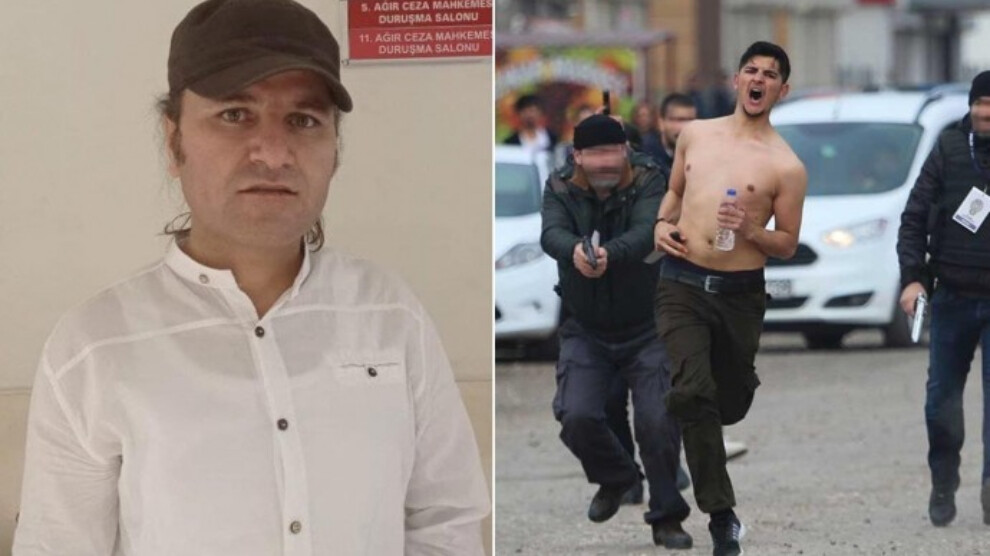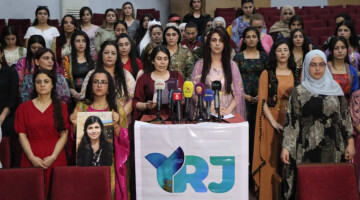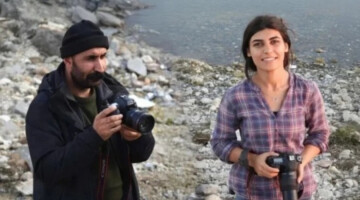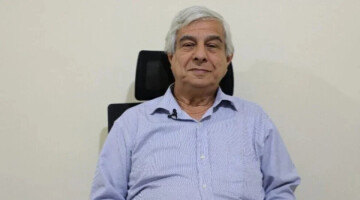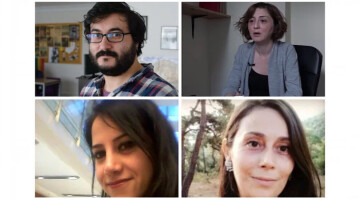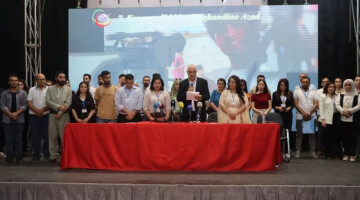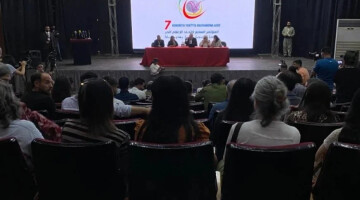After a Turkish court in the southeastern city of Diyarbakır on Thursday found photojournalist Abdurrahman Gök guilty of making terrorist propaganda, the Committee to Protect Journalists (CPJ) issued a statement of condemnation.
“Turkish authorities must not fight the appeal of photojournalist Abdurrahman Gök and should stop pursuing trumped-up terrorism cases against members of the press,” said Gulnoza Said, CPJ’s Europe and Central Asia program coordinator, in New York. “Gök’s coverage of the killing of a civilian by security forces in 2017 has resulted in years of official harassment. Turkey must allow journalists to do their jobs without fear of such retaliation.”
On Thursday, June 30, the 5th Chamber of the Diyarbakir Criminal Court found Gök guilty of making propaganda for the outlawed Kurdistan Workers’ Party (PKK) and sentenced him to 18 months and 22 days in prison; he is free pending his appeal, according to those news reports and a tweet by the journalist. The court also acquitted Gök on a charge of membership in a banned group, those reports said.
The case stemmed from Gök’s work as an editor of the now shuttered pro-Kurdish Dicle News Agency in 2017, when he photographed police officers shooting and killing a young man, those reports said.
The evidence against Gök consisted of his photographs of the shooting as well as “notes for news stories, phone conversations made with news sources, books in my house, [and] newspaper clippings that I kept for archival reasons,” he said in a March interview. Authorities also investigated his social media posts in a separate case that was merged with his terrorism trial in January, reports said.
Gök’s photographs of the shooting were used as evidence in the trial against the officer involved, and Gök won a local journalism award for them that year. Police raided his home shortly after the photos were published in 2017, took him into custody alongside other journalists for three days in late 2018, and then charged him with terrorist membership and propaganda.
CPJ emailed the Diyarbakır chief prosecutor’s office for comment, but did not receive any reply.

